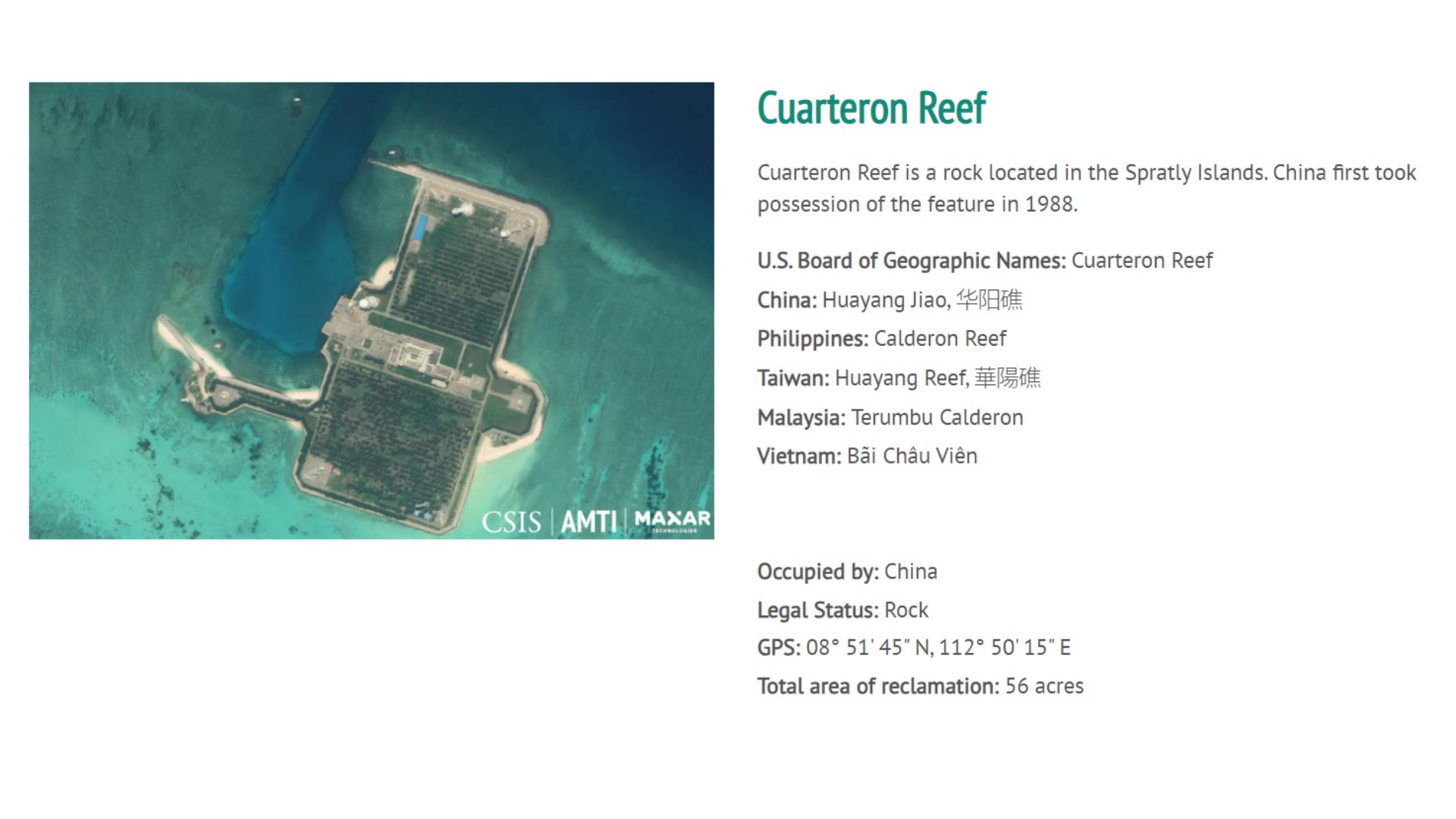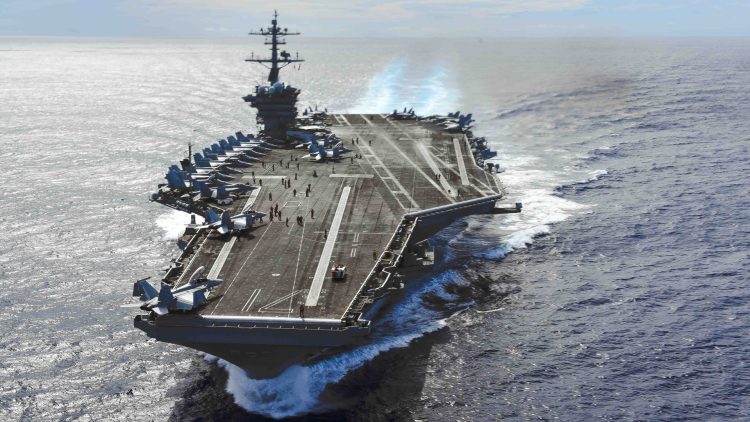Hooked on Trouble: Why Illegal Fishing Is a Growing Concern
At first glance, joint patrols to combat illegal fishing might not sound all that exciting, but this is about more than just stopping rogue fishing boats. Illegal fishing is a huge issue in the Indo-Pacific, often tied to larger questions of sovereignty and resource control.
Chinese fishing fleets, in particular, have been accused of operating in disputed areas like the South China Sea, pushing the boundaries of what’s legal and raising tensions with neighboring countries.
The Quad’s joint patrols aim to send a strong message: the Indo-Pacific isn’t any one nation’s playground, and illegal activities won’t go unchecked. By stepping up their presence, the Quad nations are showing their commitment to keeping these waters safe and secure for everyone.
What’s China Got to Do With It?
Speaking of China, it’s impossible to talk about the Indo-Pacific without mentioning its role. Beijing has been expanding its influence in the region for years, and not everyone is happy about it for obvious reason.
From building artificial islands in the South China Sea to engaging in what some experts call “gray zone tactics” (actions that fall between peace and conflict), China has been testing the waters—literally and figuratively.

The Quad’s joint coast guard patrols are seen by many as a response to this growing assertiveness.
During the Quad’s latest summit, President Joe Biden was caught on a hot mic and openly remarked on China’s aggressive behavior, further fueling speculation that these patrols are part of a broader strategy to push back against Beijing’s influence.
“China continues to behave aggressively, testing us all across the region. it is true in the South China Sea, the East China Sea, South China, South Asia, and the Taiwan Straits,” Biden told his Australian, Indian, and Japanese counterparts.
Naturally, China isn’t thrilled about the Quad’s actions. Chinese officials have expressed concern that the Quad is a veiled attempt to contain China’s rise and maintain US dominance in the region.
“The US kept saying that the summit did not target China, but China was the first topic of the summit,” said China’s Foreign Ministry spokesman Lin Jian on Monday. “China is high on the summit’s agenda.”
Whether or not that’s true, the Quad’s focus on maritime security is a clear statement that they’re serious about protecting their interests in the Indo-Pacific.
The fourth in-person Quad Leaders Summit last Saturday was hosted by President Biden in Wilmington, Delaware, with Prime Minister Anthony Albanese of Australia, Prime Minister Narendra Modi of India, and Prime Minister Kishida Fumio of Japan in attendance.
Why the Quad Patrols Matter
So, why should you care about these joint patrols? Well, for one, this is a major step toward greater cooperation among four key nations that play significant roles in global security.
The Indo-Pacific is becoming an increasingly critical region, not just for trade but for geopolitical stability, and the Quad’s patrols are a sign that they’re willing to collaborate in meaningful ways.
Moreover, these patrols are about upholding international law, and in an era where the rules are often bent or ignored, the Quad’s efforts to ensure that everyone plays by the same rules are more important than ever.
By working together, the US, Japan, India, and Australia are sending a message that the Indo-Pacific must remain open, free, and fair for all.
Eyes on 2025 and Beyond
While the details of where these joint patrols will take place haven’t been fully revealed, experts predict that they’ll likely focus on hot spots like the South and East China Seas, where tensions run high.
And while the Quad’s patrols won’t solve every issue in the Indo-Pacific, they represent a significant step toward ensuring stability in the region.
As 2025 approaches, it’ll be interesting to see how these patrols evolve and what impact they have on the region’s security landscape.
In the end, these joint coast guard patrols are about more than just stopping illegal fishing. They’re about protecting a region that’s crucial to global stability and ensuring that the rules of the sea are respected by all.
Whether you’re following the politics of the Indo-Pacific closely or not, this is one development that’s worth paying attention to.
—
Disclaimer: SOFREP utilizes AI for image generation and article research. Occasionally, it’s like handing a chimpanzee the keys to your liquor cabinet. It’s not always perfect and if a mistake is made, we own up to it full stop. In a world where information comes at us in tidal waves, it is an important tool that helps us sift through the brass for live rounds.










COMMENTS